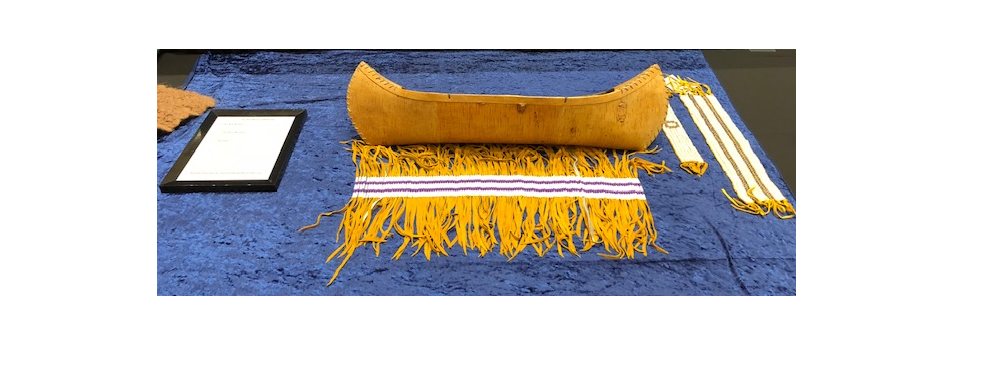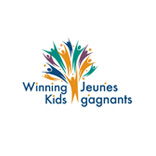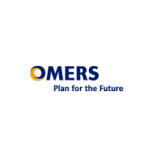In October 2017, OACAS hosted a gathering called “A Moment on the Path” at Geneva Park and Rama First Nation to acknowledge and apologize for the harmful role child welfare played historically, and continues to play, in the lives of Ontario Indigenous children, families, and communities.
The gathering brought representatives, leaders, and elders from Indigenous communities and Indigenous Child and Family Services together with leaders from Ontario’s non-Indigenous child welfare agencies. The days spent at Geneva Park were deeply rooted in ceremony, with sweat lodges, a sacred fire, drums, lamp lighting, sunrise ceremonies, and prayers throughout, generously offered by Indigenous elders and leaders from across the province.
Mary Ballantyne, then CEO of OACAS, apologized to all Indigenous children, families and communities who were impacted by the Sixties Scoop, and continue to be negatively impacted by the child welfare system in Ontario.
Learn more about the “A Moment on the Path” gathering.
Watch the video available from “A Moment on the Path” gathering.
Download and read the full apology here.
View the Agreement of all Parties & Guiding Principles
An Update on the Reconciliation Commitment from OACAS
In September 2018, OACAS and local children’s aid societies met with Indigenous leaders, elders, and community members from across Ontario to discuss the work that’s been done over the past year to honour the 9 commitments that were made at the Apology and Acknowledgement gathering in 2017. Hiawatha First Nation Chief Laurie Carr, Curve Lake First Nation Chief Phyllis Williams, Board Director Arnold Taylor, and Board President Rod Sutherland attended the event to represent KHCAS during the two-day event titled: Learning Together to Bring Indigenous Children Home. OACAS presented an update on the progress for each Reconciliation commitment. Child welfare representatives acknowledged that the data shows that children’s aid societies have not been properly identifying all the Indigenous children and families being served. The actual numbers for many agencies is much greater than originally thought. However, all children’s aid societies in Ontario are actively working on Reconciliation with Indigenous communities. This second annual event included cultural teachings and ceremony, small group discussions, and an opportunity for child welfare leaders to hear from Indigenous partners and leaders about both past and present trauma. Marcia Brown Martel spoke of her observations of some changes having been observed and noted that some progress has been made. This important and critical work remains ongoing as the child welfare sector is committed to fulfilling the commitments made to Indigenous communities.















